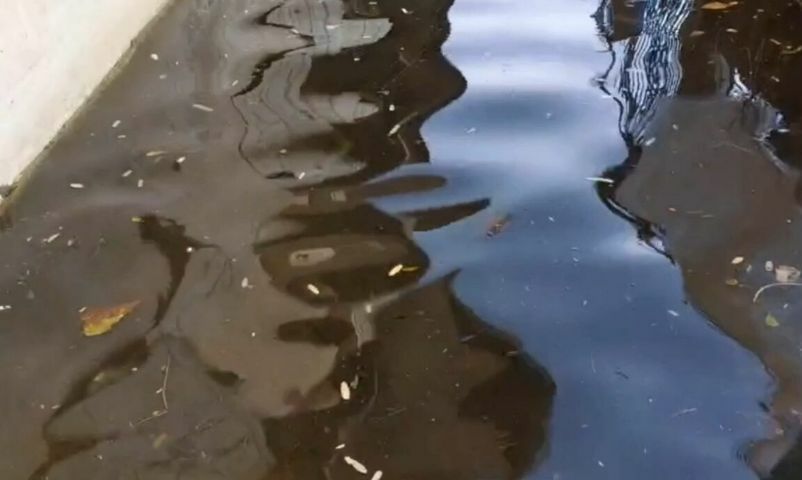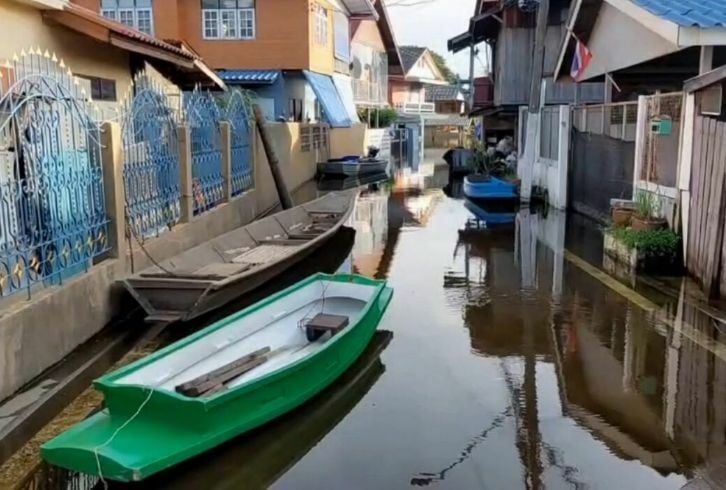Ubon Ratchathani residents face health risks as stagnant floodwaters turn toxic

The residents of Ubon Ratchathani continue to struggle with rising water levels as the Ubonrat and Lampao dams contribute to the increasing floodwaters in northeast Thailand.
They are grappling with stagnant water that has begun to spoil, leading to requests for medication to treat water-borne diseases and fever, intensifying the impact of Ubon Ratchathani flooding.
Banjong Wongvien, a resident of Tha Bong Mung, Warin Chamrap Municipality, Ubon Ratchathani, is still caring for her house.
Although the water levels have started to recede, she remains cautious about a potential rise due to a surge of water from the Ubonrat and Lampao dams that continue to discharge into the province.
She fears the situation will worsen in the next one to two days.
As a precaution, she has sent her grandchildren to a temporary shelter at a wastewater treatment pond while she stays back to watch over the property and monitor the water levels.

The current problem is having to wade through water at least twice a day to buy food. The floodwater has started to spoil, turning black and emitting a foul smell as it has been stagnant for a month. This has led to issues of water-borne diseases, prompting requests for medication to treat these conditions and fever.
Those who remain at home do not receive the same care as those who have evacuated to temporary shelters set up by the authorities.
According to the M7 water level station in Ubon Ratchathani, the water level is at 7.84 metres, exceeding the spillway by 84 centimetres. Residents are advised to stay alert to water flowing in from the north reported KhaoSod.
The ongoing flood crisis in Thailand has become a major concern, particularly in the provinces of Kalasin and Ubon Ratchathani, where water levels are steadily increasing.
In response, the Department of Disaster Prevention and Mitigation (DDPM) has taken swift action, mobilizing resources and personnel from multiple agencies to accelerate flood relief operations. Read more HERE.
Follow more of The Thaiger’s latest stories on our new Facebook page HERE.
Latest Thailand News
Follow The Thaiger on Google News:


























